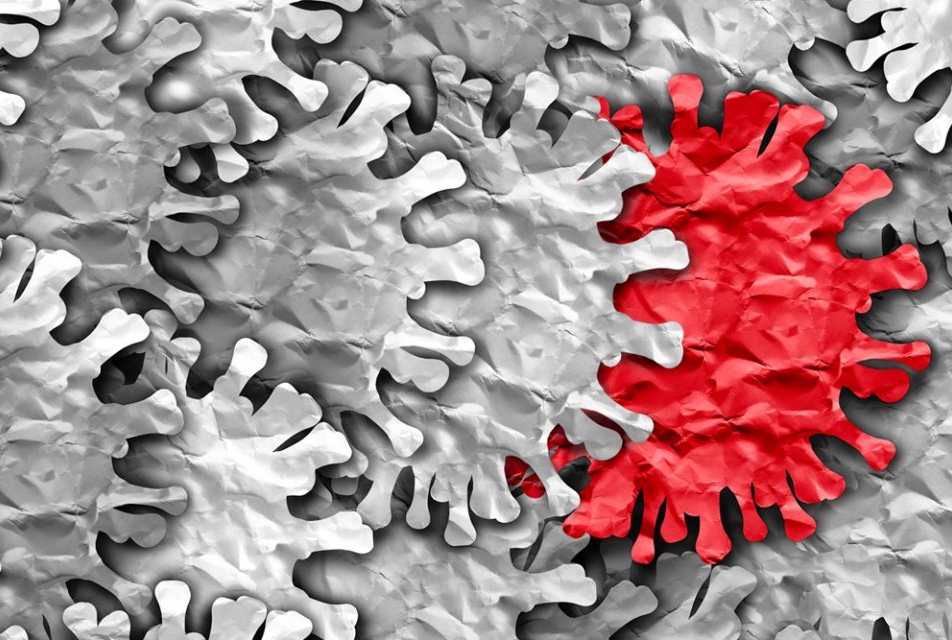The Delta variant was originally called B.1.617.2 and was first identified in India in late 2020 and is spreading rapidly throughout the world. It is now the dominant viral strain in the United Kingdom and the U.S.
The CDC has labeled the Delta variant as a “variant of concern.” What does that mean?
SARS-COV-2 variants can have different properties than the original virus. Variants of concern are those viruses that can be transmitted between people more easily, cause worse COVID-19 illness, are less susceptible to antibodies resulting from natural infection or vaccination, are less susceptible to COVID-19 treatment or prevention strategies, or are more difficult to detect.
The Delta variant appears more transmissible and may be associated with more severe COVID-19 illness, so this could lead to another COVID-19 surge in unvaccinated populations.
What makes a variant more transmissible?
Some viral variants can grow better in human cells and make greater quantities of the virus — the higher levels of virus can increase the efficiency of transmitting to other people. The Delta variant is about 50 percent to 60 percent more transmissible than the original virus.
Do the vaccines offer protection against the Delta variant?
Full vaccination with the mRNA vaccines (Pfizer and Moderna) protect well against the Delta variant and the other common variants. (In fact, a recent study found that two doses of the Pfizer vaccine were 88 percent effective at protecting against symptomatic disease caused by Delta.) The Johnson & Johnson vaccine has not yet been tested, but likely also offers protection, though possibly at a lower rate.
How do we stop the Delta variant from spreading?
Vaccines are the best tool we have to end the COVID-19 pandemic. People who can’t get vaccinated or don’t respond to vaccinations (for example, people with compromised immune systems) should continue to wear a mask, wash their hands, and practice social distancing.
The World Health Organization and Los Angeles County health officials recently recommended that vaccinated people should continue to wear masks indoors. This is a reaction to the increasing spread of the Delta variant throughout the world. And after declining for weeks, U.S. COVID-19 cases are increasing again, mostly in western and southern states with low vaccination rates.
Viral variants occur when the virus is transmitted and reproduces itself. COVID-19 vaccines are key to controlling the pandemic and to prevent future variants from developing. Current vaccines are highly effective and not only prevent infection, but they also effectively reduce transmission to others.
This story was first published by NYP's Health Matters.


